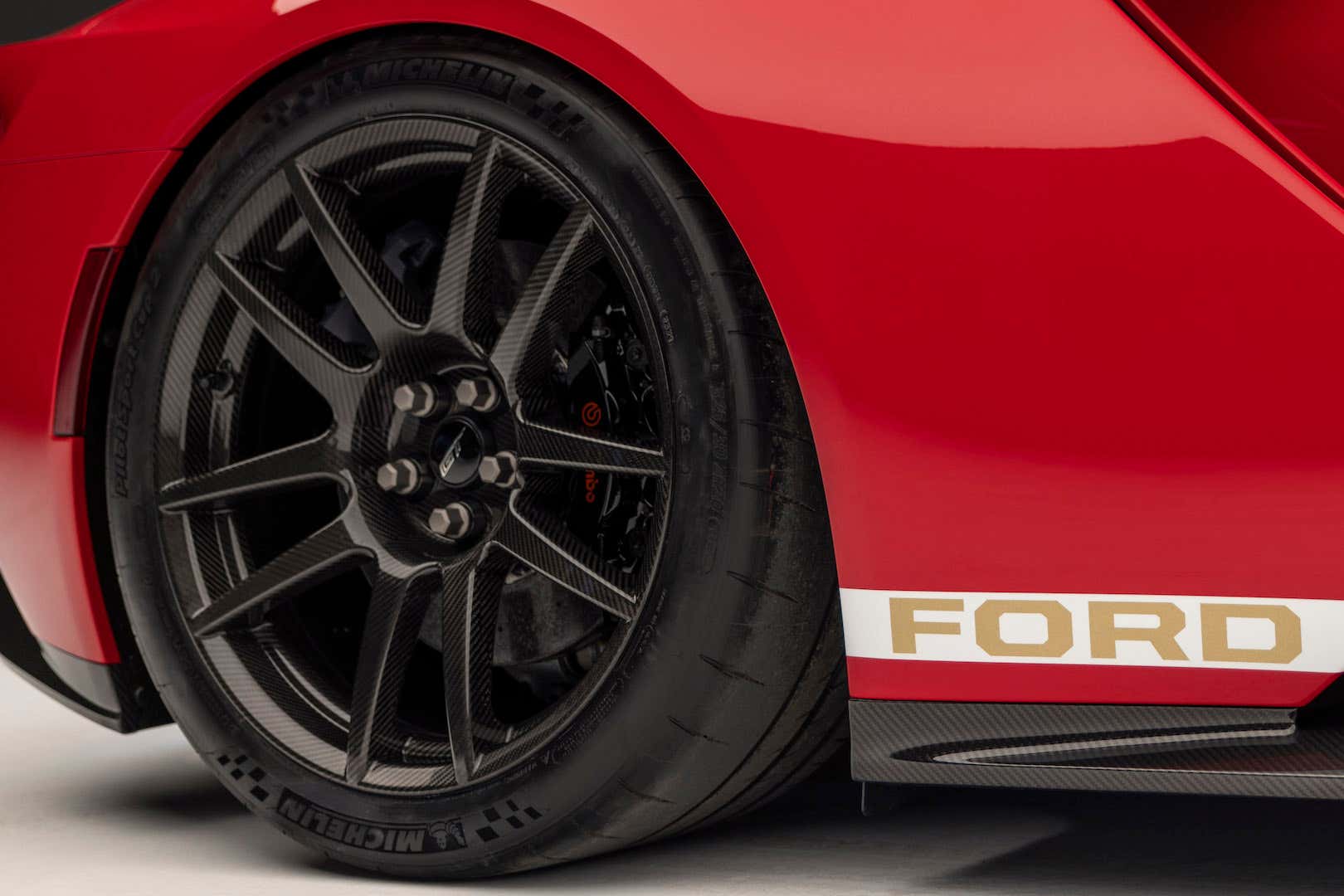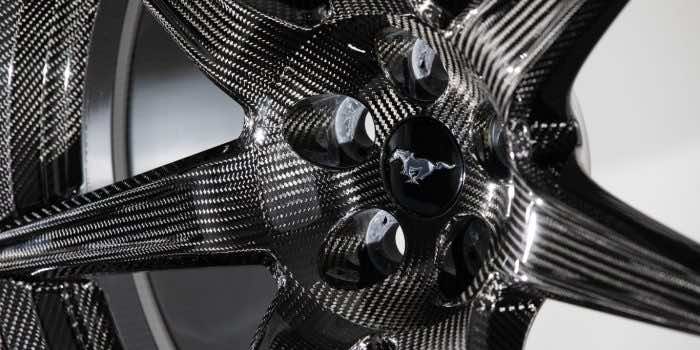Many enthusiasts believe that weight savings don’t justify the extreme cost of featherweight carbon fiber. Also, they’re too fragile to use in the real world.
Ash Denmead, the Engineering and Design Director for Carbon Revolution is of a different opinion. He thinks that they boost efficiency enough to make them essential for everything from electric vehicles to commercial trucks. Also, this will be the future, according to him.
“You get a multiplier effect by reducing mass in a wheel compared to reducing mass in other parts of the car,” Denmead explained to The Drive. “Less energy to speed the wheel up, less energy to then slow it down under braking.”
“You can make a really aerodynamic wheel out of metal, but when you do that, typically with metal, the wheel gets really heavy,” Denmead explained. That becomes especially pronounced on large-diameter wheels, like the 24-inches that’ll ship on the Chevy Silverado EV. On aerodynamic wheels of that size, carbon fiber can cut weight by up to 45 percent, depending on how much extra durability the customer wants.
“With carbon fiber, we can do really cool things and have very thin wall structures with hollow sections and achieve that aerodynamic style, or performance without the weight penalty,” he continued. “We’ve got customers out there interested in 24- and 26-inch wheels as standard fitment on cars.”
“There’s like 40,000 wheels out there in North America on the road, so we’re very much at the point where the technology’s proven,” Denmead emphasized.
“Our customers are very demanding on the durability testing, so to design a wheel and get it into production is usually two to three-year process,” Denmead explained. “So [a] very extensive design phase, internal simulation of the performance of the wheel.”
“We have to pass all of those tests before those wheels or that wheel design can get fitted onto a vehicle and put on the road.” Then, Denmead says, “the automaker performs its own testing on prototype vehicles—these wheels live an unseen life of testing, abuse, and more testing before they ever get around to rolling into a customer’s driveway.”
In the beginning, the wheels used to cost $20,000 apiece. “We were never charging $80,000 for a set of wheels. That’s just never, that was never the case. But it is true that the cost has reduced significantly over the last 10 years,” Denmead told.

Denmead states that the prices will be brought down soon. “You might be out to five years away, four or five years away,” he said, citing a need to increase volume production.
By then, he believes it will make people more open to the tech too. “There’s no difference in changing a carbon fiber wheel to an aluminum wheel, you use the same equipment, there are videos out there on how to do it. It’s just, unfortunately, people are a little bit scared of damaging an expensive wheel, that’s all it is now.”

This tech is expected to substantially improve personal transportation, shipping, and fleets, reducing energy consumption and making a small, but crucial dent in the global energy consumption of transportation.
“It’s the same thing that happened years ago with the trucking industry moving from steel wheels to aluminum wheels,” he concluded. The technology is undeniable, the savings are there, and in Carbon Revolution’s opinion, it’s only a matter of time before everybody clamors to have these lightweight wheels bolted up to their cars.


